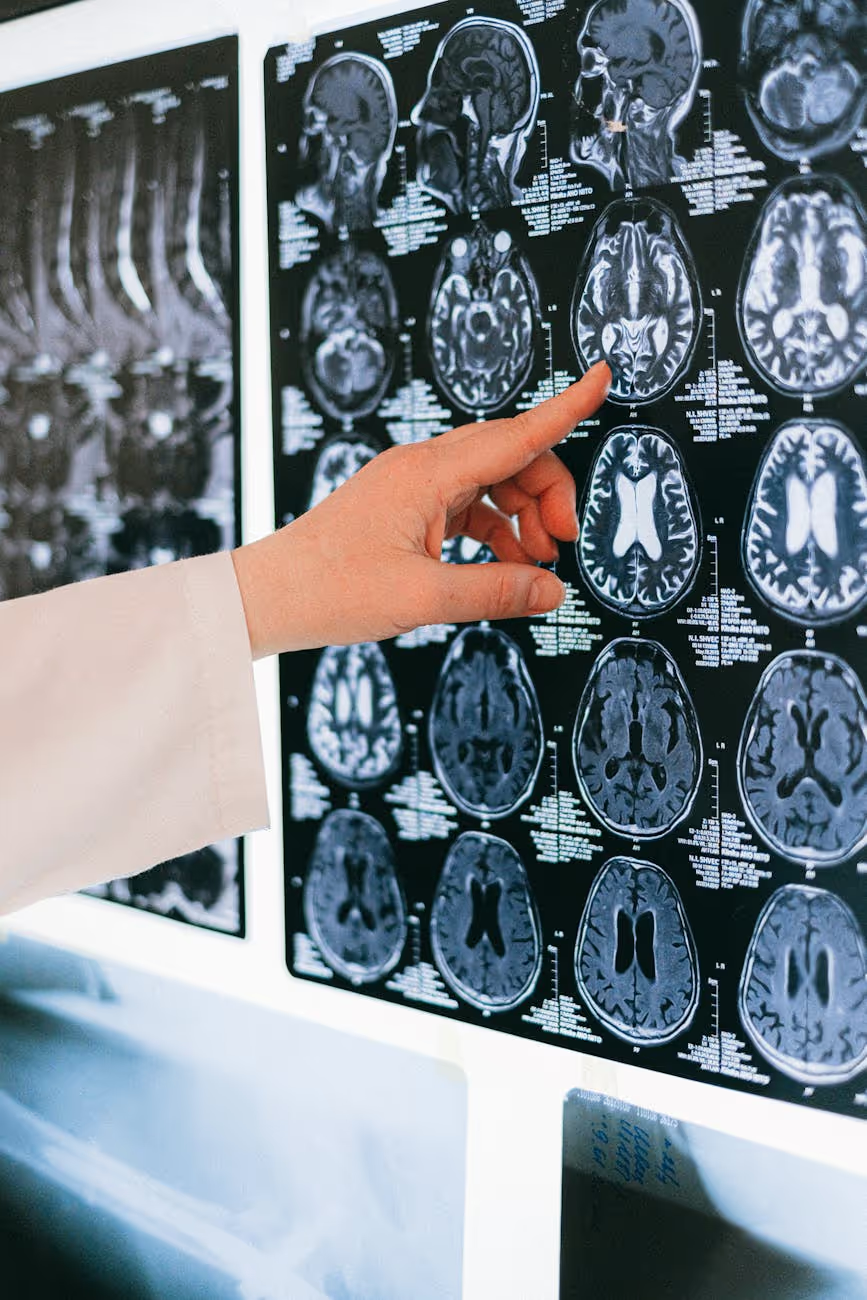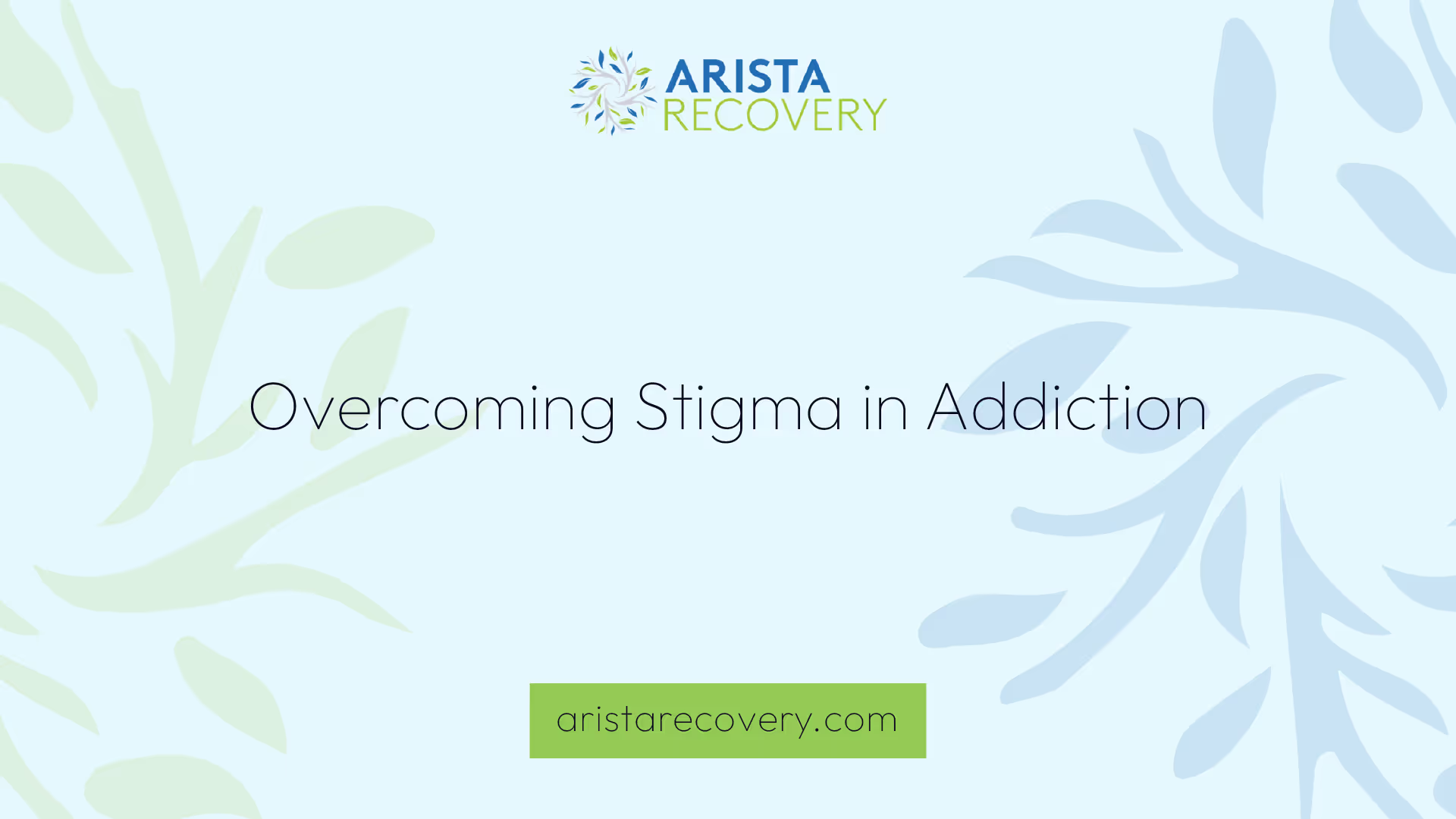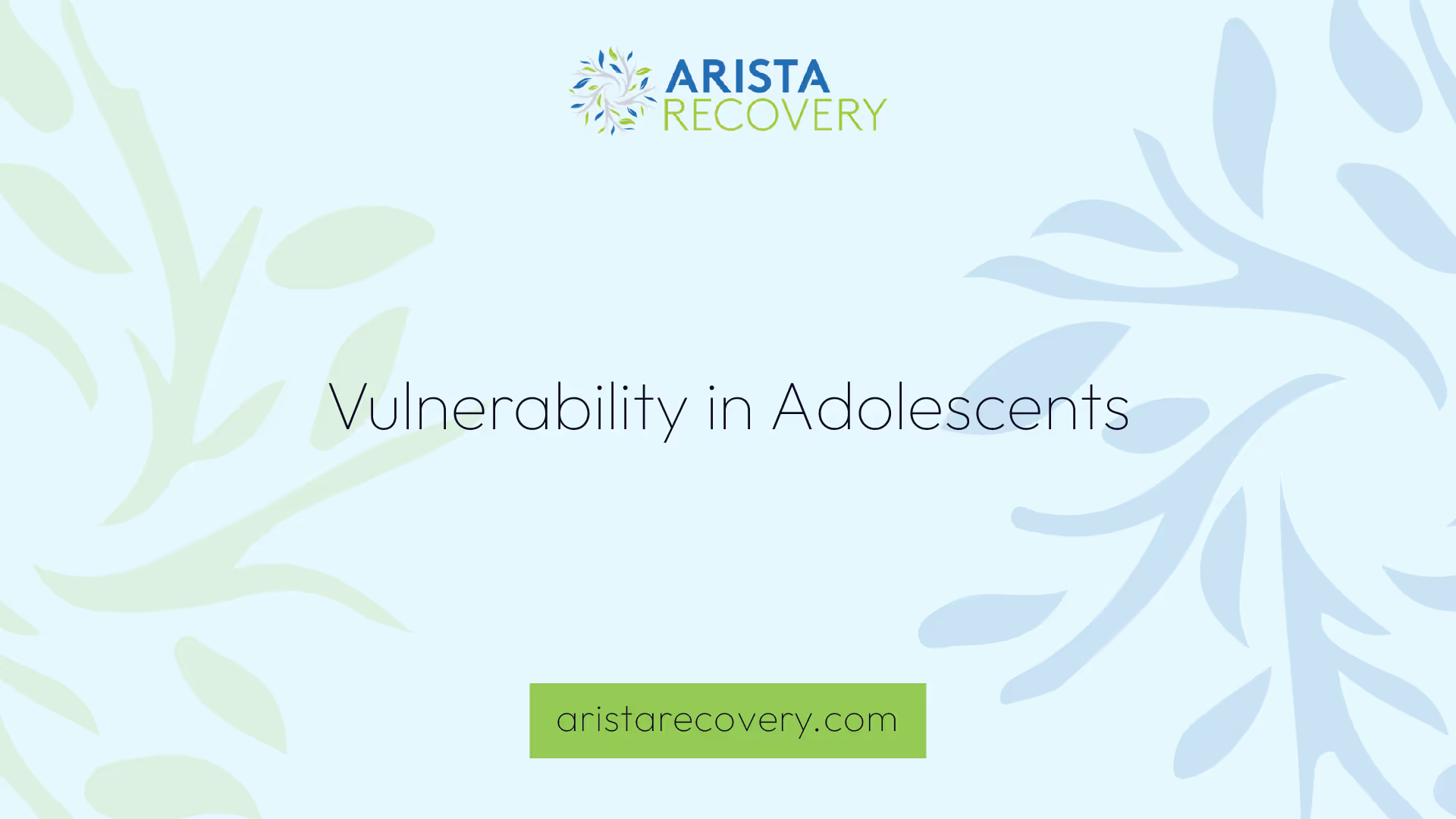Addiction as a Mind-Altering Brain Disease


Understanding Addiction as a Disease
In recent years, our understanding of addiction has evolved significantly. Today, addiction is recognized as a brain disease, characterized by alterations in the brain's structure and function. This shift in understanding has been driven by advances in neurobiology and a deeper understanding of the role of neurotransmitters like dopamine in addiction.
Brain Changes in Addiction
Addiction leads to changes in the brain's circuits that can have long-lasting impacts. Chronic use of addictive substances can overwhelm the pleasure circuits in the brain, leading to chronic and sometimes permanent changes. This is often seen in individuals who misuse drugs or alcohol, as these substances can hijack the pleasure/reward circuits in the brain and disrupt the decision-making center in the prefrontal cortex [1].
These changes make it difficult for individuals to quit using the substances, as they alter the brain's normal functioning. Over time, the brain's circuits become less sensitive to dopamine, requiring more of the addictive substance to achieve the desired pleasurable sensation. This can lead to problems with focus, memory, learning, decision-making, and judgment (Yale Medicine), underscoring the need to view addiction as a disease.
Role of Dopamine in Addiction
The neurotransmitter dopamine plays a pivotal role in addiction. Dopamine reinforces drug use by causing changes in neural connectivity that make it easier to repeat the activity again and again without thinking about it, leading to the formation of habits [2].
When an individual uses an addictive substance, it causes dopamine to flood the reward pathway, which can be up to 10 times more than a natural reward [3]. This surge of dopamine "teaches" the brain to seek drugs at the expense of other, healthier goals and activities. Over time, the brain adjusts to these excessive dopamine levels by producing fewer neurotransmitters in the reward circuit, or by reducing the number of receptors that can receive signals. This leads to a reduced ability to experience pleasure from naturally rewarding activities [2].
Understanding the role of dopamine in addiction is crucial for developing effective treatment approaches. For a deeper dive into the neurobiology of addiction, continue reading our series on the disease concept of addiction.
Impact of Addiction on the Brain
Understanding addiction as a brain disease involves recognizing the substantial impact it has on brain function, particularly in relation to dopamine sensitivity and cognitive impairments.
Dopamine Sensitivity
Addictive substances like opioids, cocaine, or nicotine can cause dopamine, a neurotransmitter, to flood the reward pathway in the brain. This surge can be up to 10 times more than natural rewards, creating a disproportionate sense of pleasure or reward. Over time, the brain's circuits adapt and become less sensitive to dopamine, leading to tolerance and the need for increasing amounts of the substance to achieve the desired high [3].
Chronic use of addictive substances leads to the brain's circuits becoming less sensitive to dopamine, a phenomenon often referred to as 'dopamine deficit'. This reduced sensitivity necessitates more of the substance to achieve the desired pleasurable sensation, creating a vicious cycle.
The brain of someone who misuses drugs adjusts by producing fewer neurotransmitters in the reward circuit, or by reducing the number of receptors that can receive signals. This leads to a reduced ability to experience pleasure from naturally rewarding activities, often causing the individual to feel flat, without motivation, lifeless, and depressed. The person tends to keep taking drugs to experience even a normal level of reward, further perpetuating the cycle of addiction.
Cognitive Impairments in Addiction
Addiction can significantly impact cognitive function. Both immediate and long-term substance use can lead to problems with focus, memory, learning, decision-making, and judgment. Over time, seeking drugs becomes driven by habit rather than conscious, rational decisions.
Long-term substance use can lead to impairments across multiple cognitive domains such as memory, attention, and executive function. Effects can include altered consciousness, impaired memory, disinhibition, euphoria, inattention, altered judgment, and more [4].
Alcohol and/or drug use can impact a host of neurological and behavioral conditions, altering feelings, perceptions, thought processes, and behavior. It can lead to conditions involving the central nervous system such as headaches, stroke, seizures, and cognitive disorders. Over time, substance use can change the brain in ways that contribute to the development of addiction [4].
The impact of addiction on the brain underscores the importance of viewing the disease concept of addiction as a chronic, relapsing brain disorder characterized by fundamental changes in the brain. Comprehensive understanding of these changes is essential for effective treatment and recovery.

Overcoming Stigma in Addiction
Recognizing addiction as a brain disease is a critical step in addressing the stigma associated with it. This stigma, often perpetuated by misconceptions and stigmatizing language, can create significant barriers to treatment.
Barriers to Treatment
One of the primary obstacles to treatment is the pervasive belief that individuals with addictions are simply making bad choices. Stigmatizing language like "junkie" and "addict," as well as the notion of getting "clean," can further hinder individuals from seeking help [3]. Such misconceptions undermine the understanding of addiction as a disease, a condition profoundly influenced by changes in the brain's neurobiology.
The stigma surrounding addiction can discourage individuals from seeking help, leading to a cycle of addiction that can be difficult to break. It's essential to reframe the conversation around addiction, recognizing it as a brain disease rather than a moral failing. With this understanding, more individuals can overcome the stigma and seek the help they need.
Effective Treatment Approaches
Effective treatment for addiction often involves a combination of medications and behavioral therapies, tailored to the individual's history, the specific addiction, and its severity. Research indicates that medication-based treatments are the most effective for conditions like opioid use disorder, similar to how other medical conditions are treated with a combination of medication and counseling.
Experimental therapies such as mindfulness meditation and magnetic brain stimulation are being evaluated to strengthen brain circuits harmed by addiction.
Treatment programs like those offered at the San Antonio Recovery Center can assist individuals in overcoming addiction challenges, addressing withdrawal symptoms, cravings, and resolving underlying causes of addiction to restore normal brain function.
The key to overcoming addiction lies not just in effective treatment but in breaking down the barriers of stigma surrounding it. By fostering an understanding of the disease concept of addiction, we can encourage more individuals to seek the help they need and offer them the support they deserve on their path to recovery.
Genetic and Environmental Factors
Understanding addiction as a brain disease involves recognizing that both genetic and environmental factors play a significant role in the onset and progression of addiction.
Genetic Predisposition to Addiction
Scientific evidence indicates that addiction tends to run in families, and certain genes have been linked to different forms of addiction. However, it should be noted that addiction is not solely determined by genetics. Genetic predisposition may make an individual more susceptible to addiction, but it does not guarantee that a person will develop an addiction.
The role of genetics in addiction is complex. It involves multiple genes that interact with each other and with environmental factors, influencing the function of neurotransmitter systems in the brain [5]. These genetic influences can alter the response to drugs or alcohol, affecting the risk of dependence and the severity of addiction.
For a deeper understanding of the genetic factors involved in addiction, refer to our article on the neurobiology of addiction.
Influence of Social and Environmental Factors
While genetics play a significant role, social and environmental factors also have a major influence on the risk of developing addiction. Factors such as peer pressure, family dynamics, exposure to drugs or alcohol, stress, and lack of social support can all impact an individual's vulnerability to addiction.
Adolescents are especially susceptible to these influences due to their underdeveloped brains, particularly in the frontal regions responsible for impulse control and risk assessment. Pleasure circuits in adolescent brains operate in overdrive, making drug and alcohol use more rewarding and enticing. This highlights the importance of early intervention and prevention efforts in this age group.
Environmental factors can also interact with genetic predisposition, triggering the onset of addiction in genetically vulnerable individuals. For instance, exposure to drugs or alcohol in a social setting can activate the reward system in the brain, leading to pleasurable feelings and the reinforcement of substance use behaviors.
In conclusion, understanding the interplay of genetic and environmental factors can help in developing effective prevention strategies and treatment approaches for addiction. For a comprehensive understanding of addiction as a brain disease, refer to our article on the disease concept of addiction.

Vulnerability in Adolescents
Adolescence is a critical period of development, marked by physical, emotional, and cognitive changes. This stage also presents a heightened vulnerability to addiction due to the unique characteristics of adolescent brain development. Understanding these factors is key in grasping the concept of addiction as a brain disease.
Adolescent Brain Development
Adolescents are particularly vulnerable to addiction due to their underdeveloped brains, especially in the frontal regions responsible for impulse control and risk assessment. Pleasure circuits in adolescent brains operate in overdrive, making drug and alcohol use more rewarding and enticing. This imbalance can lead to risky behaviors and increased susceptibility to addiction [1].
Substance use during this critical developmental period can have both immediate and long-term effects on brain networks, impacting behavior, memory, and cognition. Effects can include altered consciousness, impaired memory, disinhibition, euphoria, inattention, altered judgment, and more. Long-term use can lead to impairments across multiple cognitive domains such as memory, attention, and executive function [4].
Risk Factors for Addiction in Adolescents
Several risk factors, both genetic and environmental, contribute to the likelihood of an adolescent developing an addiction. Addiction tends to run in families, and certain genes have been linked to different forms of addiction. However, addiction is influenced by a combination of genetic, social, and environmental factors, and is not solely determined by genetics.
Environmental factors such as peer pressure, family relationships, and exposure to stressful situations can also increase the risk of substance use and addiction among adolescents. Understanding these risk factors can help in the development of effective prevention and treatment strategies.
Recognizing the vulnerability of adolescents to addiction is an important step in combating the disease. By focusing on education, prevention, early intervention, and appropriate treatment approaches, it is possible to alter the trajectory of addiction in this vulnerable population.
Holistic Approaches to Addiction Treatment
Understanding addiction as a brain disease also means recognizing the need for comprehensive treatment strategies. An effective approach to managing addiction often involves a combination of medication and behavioral therapies, along with experimental treatments that are currently being evaluated for their efficacy.
Medication and Behavioral Therapies
Treatment for addiction often involves a blend of medications and behavioral therapies, tailored to the severity of the addiction NIH News in Health. Conditions like opioid use disorder, similar to other medical conditions like depression, diabetes, or hypertension, are best treated with a combination of medication and counseling Yale Medicine.
Medication-based treatments have proven to be highly effective for addiction, and research shows they are the most effective treatment method. Behavioral therapies, on the other hand, can help individuals overcome challenges with withdrawal, cravings, and address the underlying causes of addiction. A better understanding of how the brain learns and changes offers hope for gaining control and improving brain function in addiction San Antonio Recovery Center.
Experimental Therapies for Addiction
Alongside traditional treatment methods, experimental therapies such as mindfulness meditation and magnetic brain stimulation are also being evaluated. These therapies aim to strengthen brain circuits harmed by addiction and restore normal brain function NIH News in Health.
These innovative approaches hold promise for the future of addiction treatment. They offer potential solutions for those who haven't responded to traditional treatments, showcasing the evolving understanding of the neurobiology of addiction.
It's important to remember that treatment for drug and alcohol use disorders should be tailored to individual needs and may help lessen or resolve some central nervous system effects. Long-term health improvements may benefit from treating both the substance use disorder and associated neurological conditions American Addiction Centers.
Seeking help through treatment programs, like the one offered at the San Antonio Recovery Center, can assist individuals in overcoming addiction challenges and restoring healthy brain function. This holistic approach aligns with the understanding of the disease concept of addiction, acknowledging that addressing addiction requires a comprehensive approach that considers the complex interplay of brain function, genetics, and environmental factors.
References
[1]: https://newsinhealth.nih.gov/2015/10/biology-addiction
[2]: https://nida.nih.gov/publications/drugs-brains-behavior-science-addiction/drugs-brain
[3]: https://www.yalemedicine.org/news/how-an-addicted-brain-works
[4]: https://americanaddictioncenters.org/health-complications-addiction/central-nervous-system
[5]: https://www.ncbi.nlm.nih.gov/pmc/articles/PMC80880/
[6]: https://www.sanantoniorecoverycenter.com/rehab-blog/what-part-of-the-brain-causes-addiction/
You’re not alone in this.
When mental health challenges and addiction intersect, it can feel isolating. At Arista, we offer compassionate, evidence-based, and trauma-informed care to help you heal, grow, and move forward.
You’re not alone in this.
When mental health challenges and addiction intersect, it can feel isolating. At Arista, we offer compassionate, evidence-based, and trauma-informed care to help you heal, grow, and move forward.
Support that moves with you.
You’ve taken a brave first step. At Arista Recovery, we’re here to help you continue with best-in-class care designed for long-term healing and support.
.webp)






